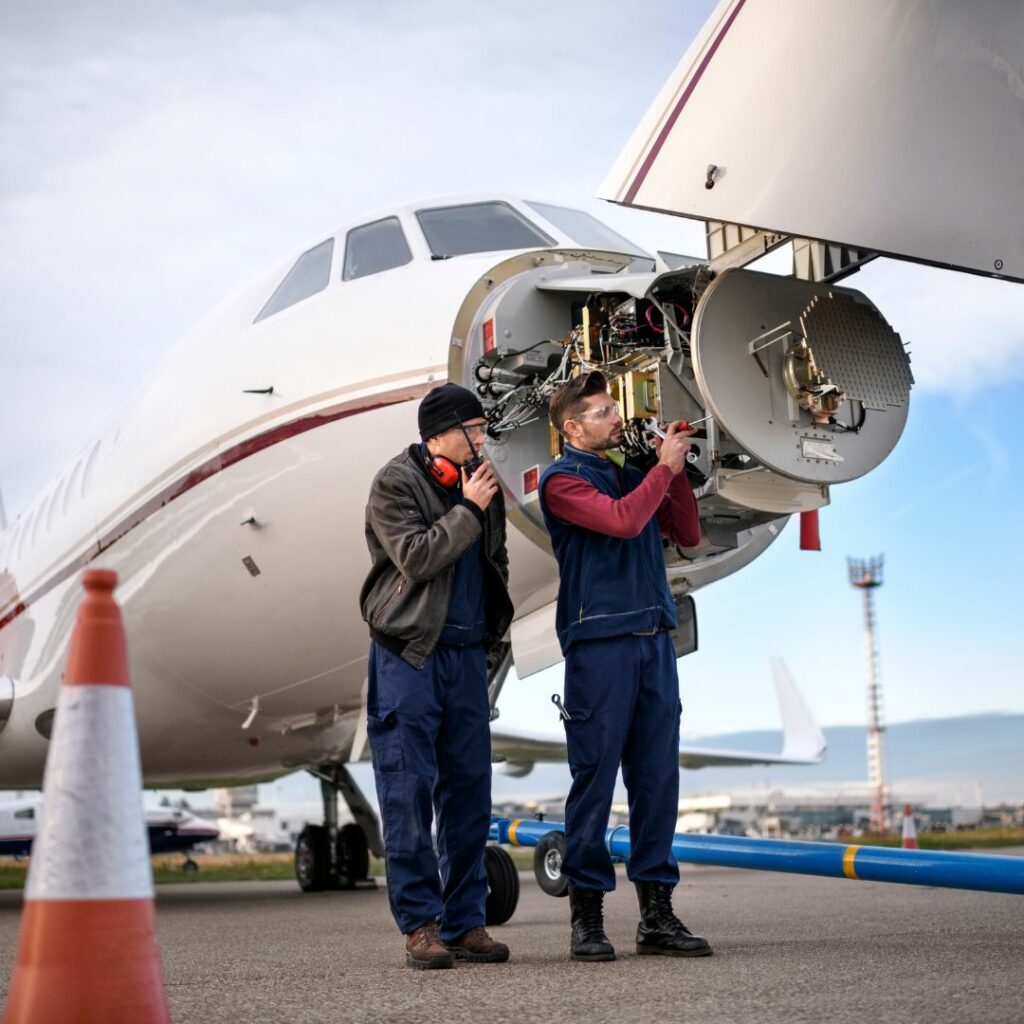
One key aspect of aircraft management is risk management. This involves identifying and mitigating potential risks to the aircraft, crew, and passengers. This can include implementing safety protocols and procedures, conducting regular safety inspections, and making informed decisions about flight routes and schedules.
Aircraft management also involves managing the financial aspects of operating an aircraft. This can include tracking expenses, negotiating contracts with vendors and service providers, and developing budgets and long-term financial plans.
Overall, aircraft management requires a high level of attention to detail and the ability to make sound decisions in a fast-paced and dynamic environment. It is a complex and demanding field that requires a diverse skill set, including knowledge of aviation regulations, technical expertise, and financial acumen.

© 2025 RFS Aviation